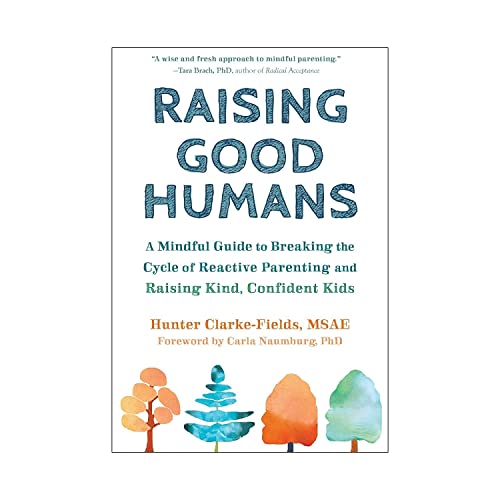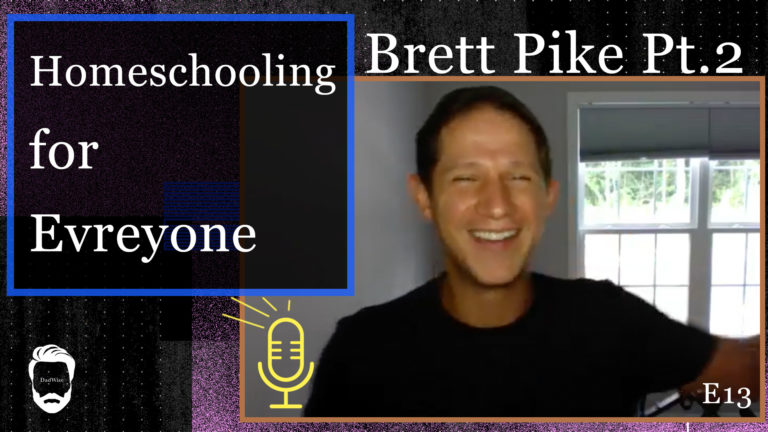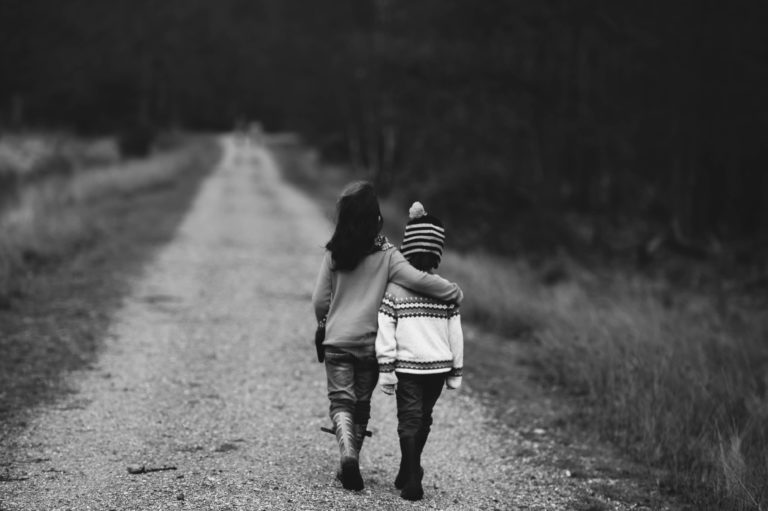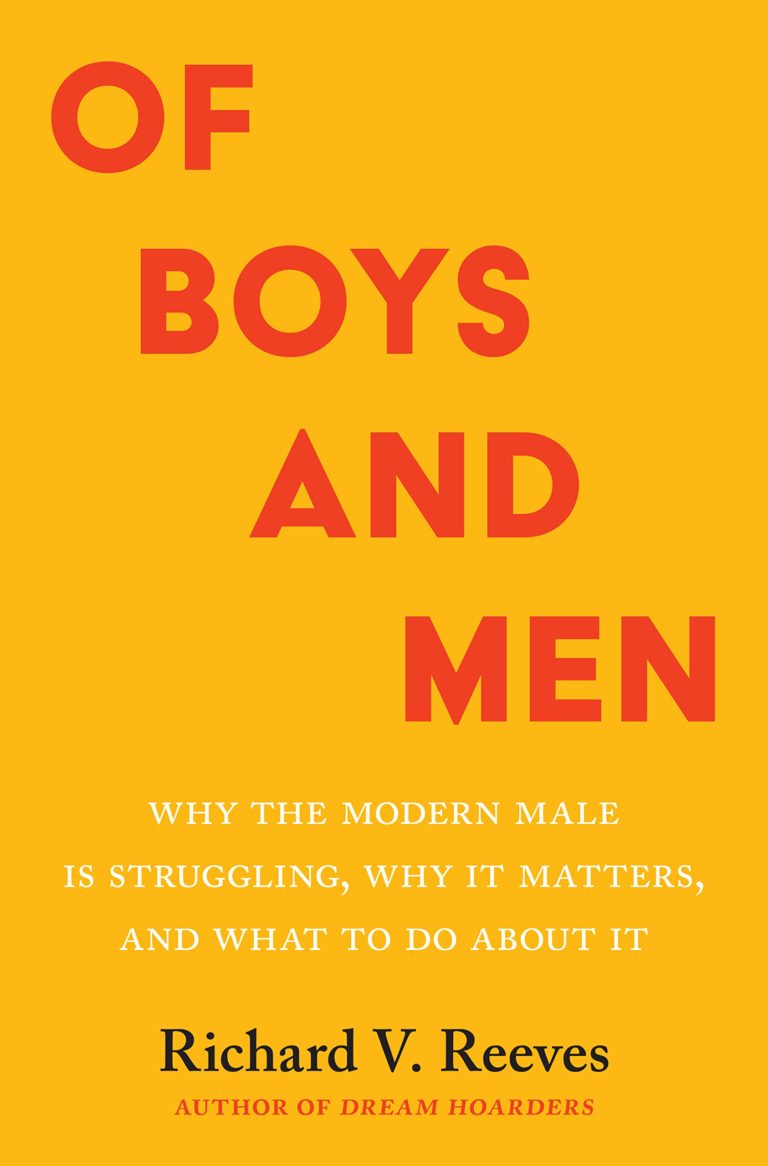Raising Good Humans (book review)
I just finished the book Raising Good Humans by Hunter Clarke-Fields MSAE and here are a few of my initial thoughts.
Summary: Good book that explains how to be more mindful in our parenting.
Main takeaway: We want to move towards influence and away from dominance in our parenting. Teaching our kids to do what is right because they want to requires us to deal with ourselves first, use skillful language and treat our kids with respect.
My main Beef: This book calls itself ‘mindful parenting’ but it seems to falls into the gentle parenting camp which advocates for never discipling kids. I believe that discipline is an important part of our role as parents.
The book starts with us dealing with our own stuff before we engage with our kids. The most important thing to raising good humans is for us to be good humans ourselves. Amen to that! She teaches some good techniques for calming ourselves and getting ‘centered’ before we react to our kids. Many times we get into the ‘red-zone’ because things get loud and crazy in the house and that is when we freak out and ‘lose it’ with our kids. She gives strategies for not losing it so often. When we throw a tantrum, our kids tend to return the favor.
How to not lose it
Parenting is freaking hard and it tests our patience big time. One of the techniques Hunter advocates for is breathing. Simple enough and easy to implement but it has a major affect on our brain and mood.
Another technique is digging into our past and analyzing the underlying motivations for why we react so strongly to certain things our kids do. Many times it is embarrassment, shame or just ways we’ve been taught to think by our upbringing. As we analyze our past, we can decide what we like and what we’d like to change. This allows us to stop reacting which then, in turn, allows us to be proactive and on purpose in our approach.
Skillful Language
She then moves on to teach about using skillful language when dealing with our kids. Even if we are in a clear head-space, sometimes we don’t know how to talk to get the best out of our kids. Some of this stuff seems a bit hippy-dippy to me. It seems like we are trying to avoid confronting our kids with the fact that they are children and we are adults and sometimes they just need to do what we say.
But, I do agree that if we can communicate skillfully, we generally will have a more peaceful household and she does acknowledge that sometimes we just have to bark orders and get moving. The goal is to do that less. Here are some of the tips she suggests:
Don’t accuse and blame kids. Instead of “stop doing that, you’re annoying” you can say “that annoys me, please stop.” I think that is the idea. Just talk to them the way you would talk to a normal human being. Seems simple enough.
She also says we should use “I” or “me” statements. “I am annoyed by that” instead of “you are annoying.” I’m not sure about this… It does seem to help teach empathy and understanding what other people are feeling but it also seems like it teaches our kids to be dominated by other peoples’ feelings. We don’t want them walking on egg-shells around us because they might make us feel icky.
The other good language tip is to say ‘it seems like you are feeling….’ or ‘I can tell that really hurt,’ instead of just saying ‘you’re fine.’ Try to be like a newscaster, naming the situation and empathizing with your kid before trying to solve the problem. I have found this tip to be helpful.
Another good tip is to work on win-win solutions outside of the conflict. There is great power in discussing things when everyone is calm and cool. Talk about the best ways to resolve common conflicts while everyone is in a good state of mind. Everyone should be able to contribute to this conversation and give their input.
Simplify
The last chapter talks about how to simplify your life. Many of life’s conflicts come during transitions, so if we can minimize the frazzled and busy lifestyle, we will have less stress and conflict. She also mentions minimizing our clutter and getting rid of stuff. I am fully on board for that. This is a majorly helpful parenting tip. Less is more.
There are many other helpful tips in the book but the main goal that I appreciate is that we should be moving towards to influence over dominance. She rightly states, that our dominance will be short-lived and if we have burned our bridges when that runs out, we’ll be screwed. We must build loving and strong relationships while they are young so we have a foundation for the later years. I say go for it. Read this book and implement the good and throw out the bad.
My beef with the book:
This books tends towards gentle parenting where you never directly tell your child what to do or discipline them. I lean more towards authoritative parenting where kindness and firmness mix and the child clearly knows who is in charge using discipline when needed. It seems like we spend a lot of time and energy beating around the bush so as to not offend or upset or directly confront our kids’ disobedience.
Our kids need to learn how to take orders and deal with people who aren’t always super doooper nice. I do advocate for being kind to our kids and treating them well but they must also learn to mind their manners and respect their elders. She does acknowledge some of the nuance there but advocates for never discipling kids which at this point in my life seems nuts. As my kids get older, we try to be more creative with our discipline. If they break something, they fix it. If they hurt someone, they serve them in some tangible way.
I think kids should learn consequences for their actions and some of those consequences come from being disciplined by the authority in our life. She advocated for telling our kids how their actions make us feel. I think this could easily teach our kids to be manipulated by our feelings and think that we are incapable of handling our own emotions.
“When you yell, that makes me annoyed” can be helpful if they don’t know they’re annoying you but most of the kids know what they are doing and just don’t give a flip. I think a combo of sharing the affects of our kids actions and telling them to knock it off is probably a good approach.
I’m not a huge fan of ‘mantras.’ Basically lying to yourself to try to convince yourself of something. “I am calm,” “when she screams I feel peace”… that seems like BS to me but if it helps someone then more power to em.
Overall I think this book is a great tool in the tool-belt of parenting. She brings together a lot of great resources and points us towards a more mindful approach to parenting. I am all about being the best parents we can be which is why I read this book.
The problem with this book is the same problem with most parenting books, it seems good on paper but then the nuance of real life makes it difficult to implement. My main take-aways: remember to breathe and enter conflict with a curious and calm mind. Bring joy and laughter into parenting and make things fun whenever possible. Treat your kids with respect. Move towards influence over dominance.






